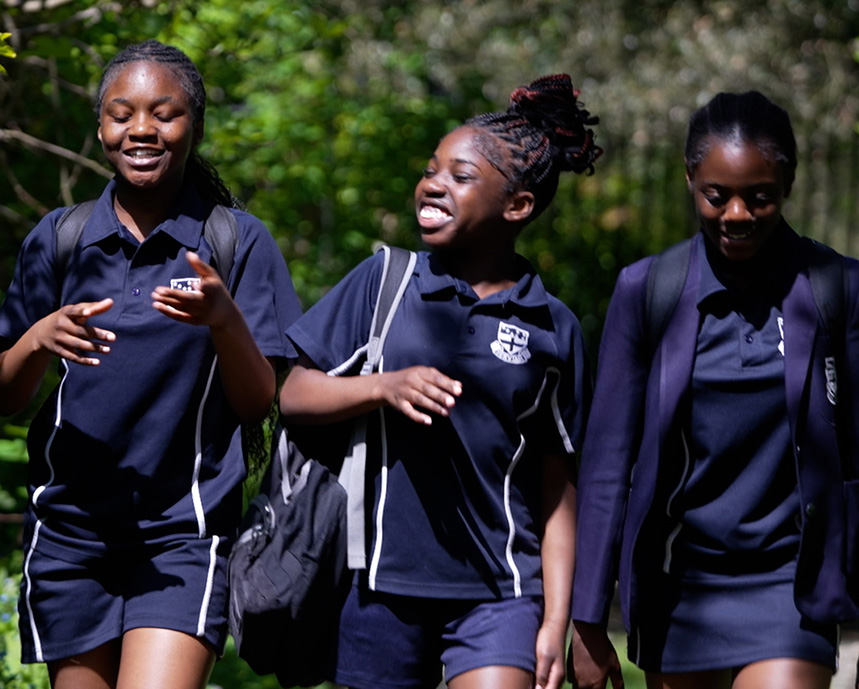
Welcome
Headteacher, Mark O'Shaughnessy
The school was established in 1877 by the Ursuline Order and continues to have as its inspiration the spirit and traditions of the congregation.
As an Ursuline school, we have been entrusted by St Angela, our foundress, to continue to live out her vision of educating young women of tomorrow. Our school motto is “Serviam” meaning “I shall serve.” We are a testament to this in that our school community bears witness to God’s love; whereby each individual is encouraged to serve and love one another.
Read MoreCatholic Values
St Ursula’s is a part of a global network of schools with an Ursuline tradition and charism. The Ursuline Education Community was established in 2019 with the main aim to unite all the Ursuline schools in the UK.
The Ursuline Education Community produced an ‘Ursuline Pupil Profile’ that aims to describe the whole process of Ursuline education rather than that of a school leaver. The virtues are displayed in every classroom and our daily prayer and reflections and assemblies all focus on the virtue of the term.
Read More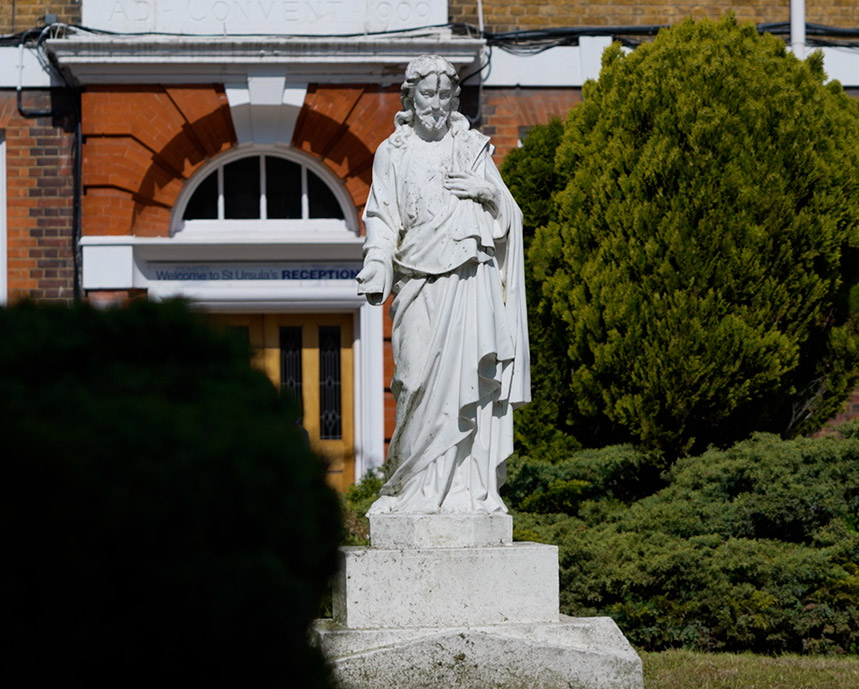
Events
Year Group Points
-
4219
Year 7 -
9866
Year 8 -
6189
Year 9 -
7885
Year 10 -
5565
Year 11











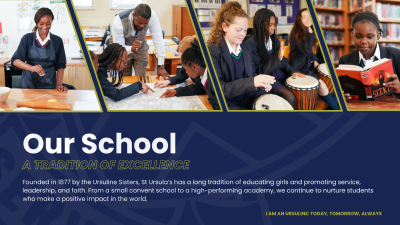


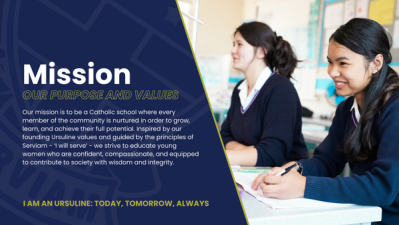
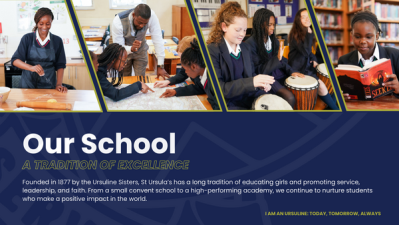
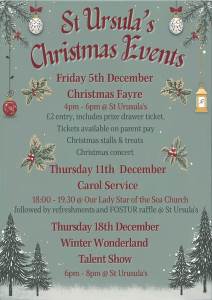
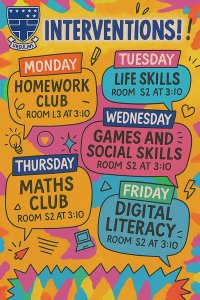
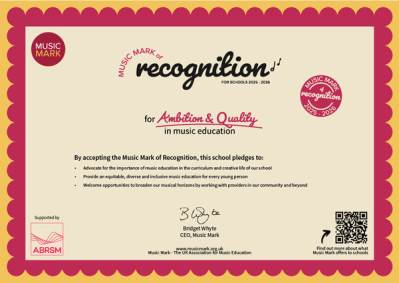
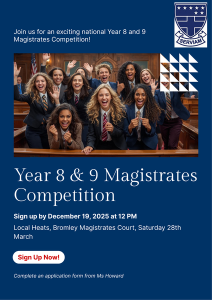
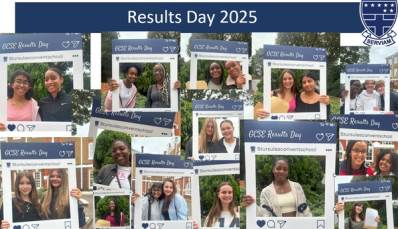

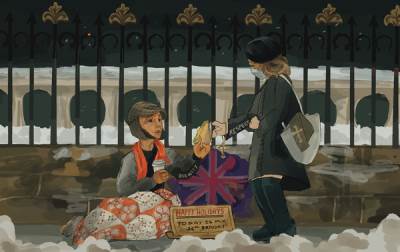
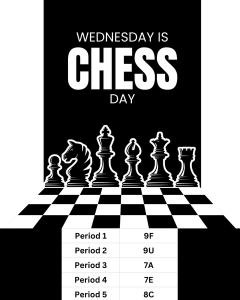


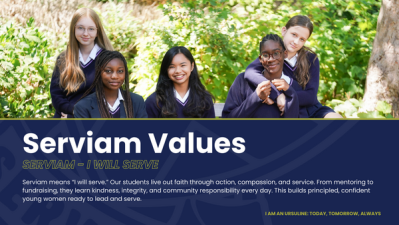


Latest News at St Ursula's Convent School